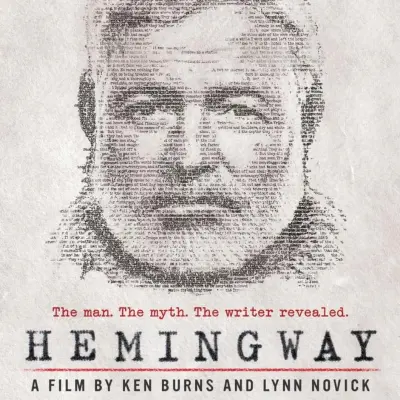The #MeToo movement, wokeness and cancel culture influenced PBS' Hemingway in "obvious ways and not so obvious ways"
-

Lynn Novick and Ken Burns spent seven years working on their six-part docuseries. In that time, topics such as toxic masculinity, gender fluidity and sexual misconduct became headline issues. "It influenced us in obvious ways and not so obvious ways, and in conscious and unconscious ways," says Novick. "Already in 2014, a big question for me and our producer Sarah Botstein was, 'As women, what is our relationship to Hemingway the human being, the public persona and to his work? What would he have to say and what will our film have to say to women readers and women viewers?' We thought about those questions a lot when considering who to interview, what to ask them, and how to frame the story, because it is an investigation into masculinity that we understand is very problematic. One of the really salient moments for Sarah and me was going to a Hemingway conference. We were struck by the fact that in this auditorium of 1,000 people, half of the people were white men of a certain age who seemed to be channeling their idea of what Hemingway represented: a lot of beards and hunting vests. Then the other half of the room was full of younger women, many queer and gender nonconforming women, who were exploring questions of Hemingway and identity, gender, masculinity, and looking at his work through a completely different lens and finding a lot there to sink their teeth into. It was really fascinating to see where Hemingway scholarship was going, where it had been, and how he is being reimagined for a different generation. That was in 2016. So I guess what I’m saying is we were interested in exploring, particularly the question of women and Hemingway and gender and Hemingway, before #MeToo became a thing, for sure."
TOPICS: Hemingway, PBS, Ernest Hemingway, Ken Burns, Lynn Novick, Sarah Botstein, Documentaries
